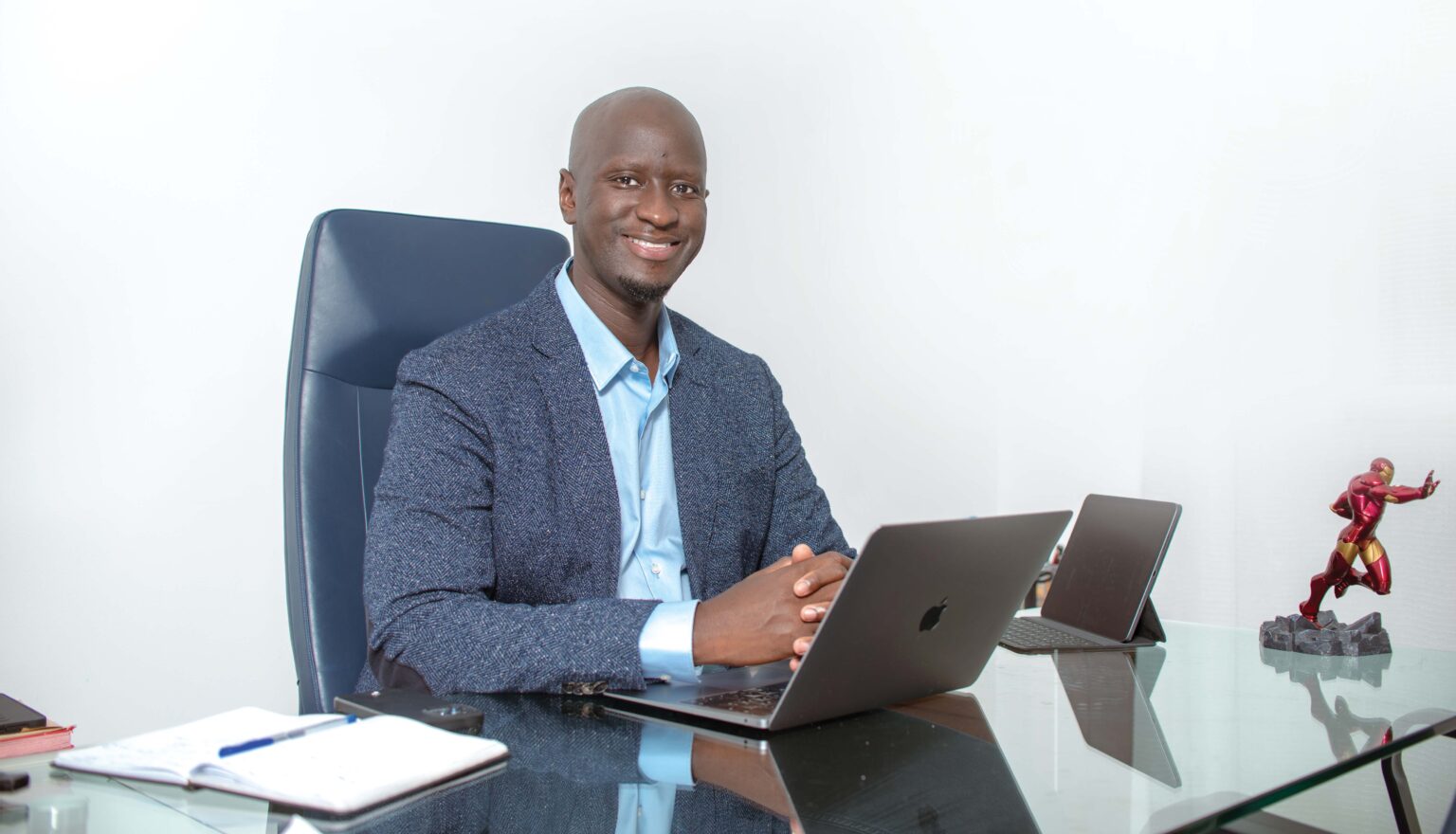Global Courant 2023-04-13 13:50:00
Founded in 2016 by young entrepreneurs Bamba Lo and Rokhaya Sy, the transport and logistics company Paps Logistique delivered 4.6 million deliveries in Senegal and Ivory Coast last year. The startup, which recently entered the Beninese market and has a foothold in Guinea-Bissau, plans to eventually cover all of Francophone Africa.
Originally an on-demand delivery app that connected customers with couriers for express parcel delivery, the startup quickly began offering technology-enabled transportation and logistics services for businesses. Paps is now positioned in various logistics segments such as warehousing, inventory management, domestic, sub-regional and international transportation (by air, land and sea) and last mile delivery.
This, says French-Senegalese entrepreneur Lo, is a model that could be easily replicated in the sub-region, though global shockwaves from the bankruptcy of technology-focused Silicon Valley bank SVB have temporarily curbed expansion.
“We are waiting for a more favorable time to begin our accelerated development plans,” said Lo. Speaking in his office at the company’s new headquarters in Dakar, he tells African Business that the company nevertheless plans to consolidate in Ivory Coast and Benin, two markets it entered in 2022 and early 2023 respectively. Ultimately, however, the group’s ambitions are much greater, with the aim of “providing a logistics infrastructure platform across the whole of Francophone Africa”.
Going that last mile
What explains the success of this Senegalese start-up, which now employs about 150 people? Although the West African coast has long been connected to the world through international multinationals such as Bolloré, CMA CGM and Maersk, the logistics part for the end customer (storage, transport, last-mile delivery) has long been reserved for the informal sector, which is very fragmented.
Paps’ two co-founders saw the potential of this last-mile market, which is estimated to be worth $3 billion in West Africa. They wanted to structure and digitize the different segments of the value chain and provide a seamless standardized solution from the port to the end customer.
“Paps is a true pioneer; the company is becoming more and more established in the logistics value chain,” said Stanislas Faye, who leads the investment program for operator Sonatel, one of Paps’ largest clients.
“They have an Uber-like approach and are involved down to the smallest details. They train young people on scooters in an academy. They provide vehicles for clients such as NGOs or banks. They deliver products and packages. they deal with administration and customs, and they also deal with freight. They enable us to deliver supplies of SIM cards, modems and solar kits to rural areas,” he says.
“Their model is easy to replicate in the sub-region, because it’s often the same multinationals we find, with the same logistics needs.”
In January 2022, the startup raised $4.5 million in a fundraising round with venture capital firm 4DX Ventures and Orange. “With this money, we have been able to accelerate our customer acquisition, which has resulted in us hiring people in the marketing and sales departments,” says Lo. “We also continued our IT development.
Paps now claims “between 500 and 1,000 customers”, including e-commerce companies, the media, banks, etc. It currently relies on a fleet of 600 partner vehicles, including trucks, minivans and scooters.
The company currently operates four warehouses in Senegal, two in Ivory Coast and one in Benin. In the long term, Paps plans to cover the West African Economic and Monetary Union (WAEMU) area so that its customers can sell and deliver their products in a very short time.
“Our ambition tomorrow is to enable our Beninese customers to sell their products in Senegal and Ivory Coast and so on. For example, we are working on plans to expand the Senegalese watch brand Mathydy to Ivory Coast and Benin. We store their products, prepare their orders, pack, deliver and collect the revenue, which we pass through our system,” says Lo.
Lo and Sy say they have more than doubled their turnover between 2021 and 2022.
Overcoming the informal sector
Since April 2022, Paps is also the official representative of the American delivery company United Parcel Service (UPS) in Senegal and Guinea-Bissau, effectively providing them with a ready-made network of more than 200 countries. “For example, if you want to send a package to Japan, you communicate through us and UPS takes over from there,” says Lo. “It’s seamless.”
For Faye, the rapid rise of Paps is due to its ability to provide a reliable service and a high level of service: “It is their professionalism that has enabled them to establish themselves in the logistics and last mile delivery market . In West Africa, the delivery service has traditionally been very patchy and the fragmentation and lack of structure held it back. This is still the case in many countries.”
Faye sees a formalization of the market with the arrival of new players, such as Logidoo (a digital logistics platform), Buur Logistics (a Senegalese transport and logistics startup) and Gamma Logistics (a transport platform for heavy trucks).
Paps also faces competition from international players such as DHL and FedEX, with whom the startup also collaborates. This increased competition has led all companies to sharpen their offerings.
“However, the informal sector remains our biggest competitor,” says Lo.
Still a long way to go
Startups in Senegal benefit from aid and favorable incentives. Last year ADEPME, the national agency for SME development and support, funded Paps Logistique for the equivalent of more than $100,000. When it started, the company also benefited from preferential lending rates from the DER, the state-backed startup support program.
However, it is still too early for Lo to call their company a success story as it is far from achieving their goals.
“We are here to build a logistics infrastructure that does not yet exist in francophone Africa, a logistics value chain that is still largely informal,” he says. “We have achieved 20% of what we want to do at best.
“Looking ahead, in 10 years the company will be 17 years old. By then, our ambition is to be able to offer last-mile delivery services in French-speaking African countries, and to have made acquisitions in North, South and East Africa to further grow our business. We will also have integrated our technology with international sites such as Amazon and Alibaba.”
Lo is a man in a hurry. That delivery timer is ticking.
Read more about Senegal’s booming economy in our Senegal Dossier.








